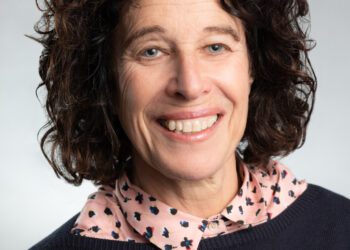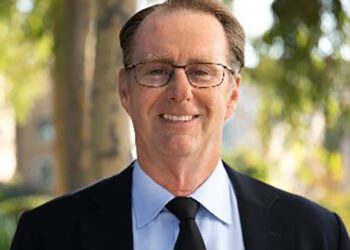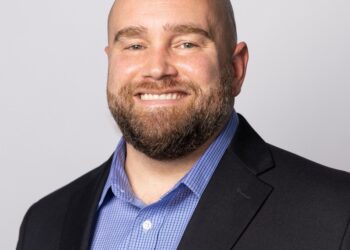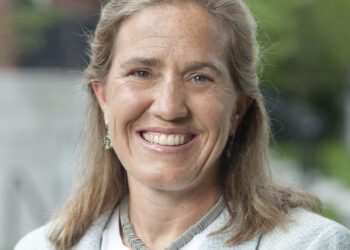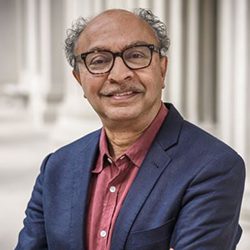
Dr. Biswapriya (Bish) Sanyal, Ford International Professor of Urban Development and Planning at the Massachusetts Institute of Technology (MIT), shared his journey and lessons he has learned from other bright minds across the globe with our Aspire Leaders Program participants.
Sanyal grew up in Kolkata (then Calcutta), West Bengal and completed his undergraduate studies in Architecture from the Indian Institute of Technology Kharagpur. After graduation, he struggled to find well-paying, rewarding work as an architect and worked building bridges for his father’s business instead.
On his first project, Bish was stationed onsite with the rest of the workers to oversee management — and this opened his mind to the social implications of construction.
“It was the first time I saw real poverty, first hand; I didn’t realize the level of vulnerability of the laborers and other working class people,” Sanyal shared. “This made me stop and question whether Architecture could really help people.”
It was the first time I saw real poverty, first hand; I didn’t realize the level of vulnerability of the laborers and other working class people.
Sanyal reflected on this experience and how it informs his work today.
“Aesthetics are important but all design and planning efforts need to be rooted in practicality,” he said. “If it’s a beautiful city where poor people are dying then it isn’t a good city.”
Due to ill working conditions and a Communist-Marxist government, workers held strikes and protests around developer’s homes. Strikers surrounded the Sanyal residence for months and Sanyal’s father recommended that he take this opportunity to continue his education abroad.
Sanyal Discovers his Passions
Sanyal moved to Kansas University (KU) in the early 1970s to study landscape architecture and public park design — a topic he thought brought together aesthetic and civic practices in the creation of public space – but ended up settling into a new program focused on urban planning.
However, he felt the curriculum at KU was Western-centric and grounded in evidence-based practices from the U.S. His second year in school, the founding professor of the Program for Urban Planning in the Graduate School of Architecture and Planning at the University of California Los Angeles (UCLA) came to KU to deliver a lecture.
“I was moved by his interest in planning in an international context; he was rethinking paradigms critical of the dominant mode of practice and raising all the questions I had on my mind at the time,” he said.
This professor ended up being Sanyal’s PhD advisor at UCLA.
Sanyal Explores Urban Planning in the Developing World
In 1977, Sanyal was offered a position to work for the World Bank in Zambia, Africa — supervising the construction and implementation of low-income housing developments.
“The country was facing severe problems, and the government was turning to structural adjustments,” he explained. “Zambia was going through these changes by the instruction of the International Monetary Fund (IMF), but the process often slows down the economy and the real income of people goes down — inflation goes up but incomes go down – which causes a real crisis.”
Sanyal spent time immersing himself in the community and meeting with locals to understand how their household budgets were impacting their living environments. He realized many were turning to micro-farming within their city homes as this was more affordable and sustainable. This was an act of resilience that caught Sanyal’s eye.
He pivoted to pursue urban cultivation as his dissertation project and returned to UCLA to complete his PhD rather than continue working within the corporate sector.
Sanyal Makes an Impact at Massachusetts Institute of Technology (MIT)
In 1984, Bish moved to Boston with his new wife, Professor Diane Davis, to take up a position at the Massachusetts Institute of Technology (MIT); one of the first hires in the newly formed Department of International and Urban Planning (now DUSP).
A cornerstone of the program, Sanyal has been teaching at MIT for nearly 40 years, mentoring many young minds interested in planning theory and practice. A passionate educator, Sanyal served two consecutive terms as Chair of the Department (1994-2002) as well as a successful term as Chair of the entire MIT faculty.
When not teaching, Sanyal operates as a consultant for organizations and governments that are grappling with the complexity of planning practice.
“It’s how I stay involved with what is happening in the world around me, how it’s growing and developing, and how I stay a part of that ongoing conversation,” he said.
In 2004, Sanyal stepped into the role of Director of the SPURS-Humphrey program at MIT, an opportunity, funded by the State Department, for mid-career professionals from around the world to come to Cambridge, MA to converse, collaborate, and learn in an intellectual community known for its rigor and excellence.
“I learn from them too, everyday; about their home countries and the issues they are actually dealing with today,” he said. This happens within Aspire ‘classrooms’ as well.
Sanyal and Aspire Leaders Program Participants Evaluate Their Role in the World
When asked why he volunteers his time with Aspire, Sanyal cited their shared mission.
“We both care tremendously about breaking cycles of poverty through education,” he explained. “I wanted to share my story with the students, not just what looks or sounds good, because that’s not the purpose of Aspire. We’re here to motivate them and help them achieve what they want to, with whatever lessons we can offer.”
The Aspire students were also responsive to Sanyal’s presentation, many of them coming with the passion to better their own urban environments and bridge gaps in the system through innovation, technology and peer exchange. Many of them are paving paths to become planners themselves.
“The whole world is already 50% urbanized and cities are going to continue to grow,” Sanyal said. “Migration is happening actively, economies are changing; how will we function if we don’t know how the city functions, or explore ways to make them better, especially for the poor.”
Beyond these trends, Sanyal feels youth are a key element to making cities better.
“These young minds [will] be leading that effort,” he said.
Professor Sanyal’s advice for the Aspire students and the other young adults he works with is to build a social network as contacts and colleagues are a huge part of one’s success.
Be open to change of ideas, of career – it’s in the struggle that you come to know. Try to be reflective, constantly, of your work [and] role in the world: this is one of the most important qualities and it doesn’t require money – but it will take you far.

